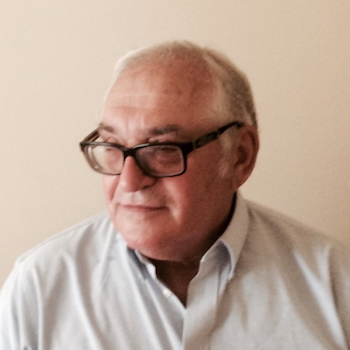
Culture
OSUN: The Making of an Unholy Alliance
The news that George Soros, a man well known both in financial and political circles, has pledged to give $1 billion to create the Open Society University Network (OSUN) has spread like wildfire in the media.
Mr. Soros and his organization, Open Society Foundations (OSF), will partner with Bard College to create a global network of educational institutions. This new venture, according to Mr. Soros, will have several objectives. Foremost, he sees this venture as a way to advance the cause of open society and to fight against authoritarian nationalism and climate change. Secondly, he sees the creation of this network as a means to promote quality education and “personal autonomy.”
Mr. Soros made this announcement at the sidelines of the World Economic Forum in Davos, Switzerland. The speech was political. Mr. Soros spoke about the significant political issues of our time, criticizing China, India, and Russia.
The tone of his speech was somber. Mr. Soros recognized that the cause he was advocating for had suffered major setbacks. He expressed doubts about the impeachment process and admitted that President Trump could be re-elected. However, Mr. Soros told his audience that giving into despair would be a mistake. He called for a long-term strategy.
Mr. Soros’ choice of partnership for this new venture is even more puzzling—Bard College. It isn’t a prominent American institution. It’s a small artsy school in upstate New York, known for its mercurial president—Leon Botstein.
He has been the president of Bard for several decades. Botstein has also pursued a side career as an orchestra conductor. He often plays the role of a public intellectual, sharing his opinion on practically any subject as long is it captures headlines. Botstein also plays a major role in the OSF and the Central European University created by Mr. Soros.
However, choosing a small liberal arts school with limited resources for a major venture is puzzling.
What could have prompted this unlikely partnership? Mr. Soros’s speech provides some insights into his motivations. As the speech indicates, Mr. Soros is aware that the wind is no longer at his back and that the road ahead will be uphill. His educational initiative is his answer to the challenges he sees in the future. In other words, his primary motivation is a long-term strategy to achieve his political goals.
These political goals emerge from the ideological vision of open society that Mr. Soros adopted a long time ago. Popularized by Karl Popper, an Austrian philosopher, the ideology of an open society was a response to communism in the Cold War. Yet Mr. Soros has remained committed to this ideological vision. He has become its chief and only advocate. He turned open society into his personal ideology and created an organization to promote it.
Bard has never had much success with its endowment, particularly in the current economy. The incorporation of Bard into the OSUN solves this issue with a pen stroke. The price, of course, will be Bard’s loss of independence, despite assurances made by Botstein. Further, Botstein is likely to serve as the chancellor for the OSUN.
The motivation for creating the OSUN is political. The OSUN will use education as a tool for ideological and political purposes—to advance and promote the vision and ideology of open society. Combining education with ideological and political goals can amount to indoctrination.
The creation of the OSUN is designed to benefit Soros and Botstein, who are the principal architects of this network. The real losers will be the college and its faculty, who have not been consulted nor involved in any way in the discussions of this deal. The parents and students who will be lured into this new network will also be among the losers. The “education” that OSUN promises will serve primarily to indoctrinate students into the ideology of open society and make them into warriors for Soros’s political ambitions.

